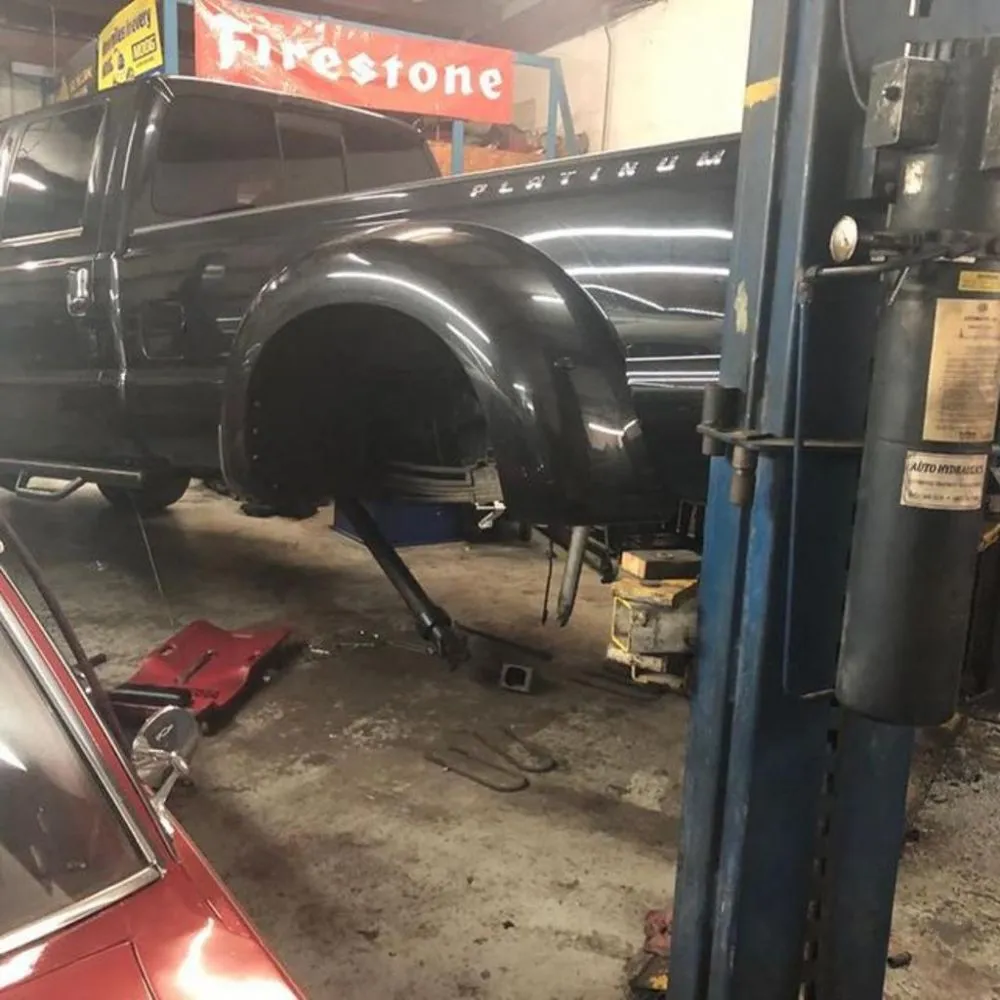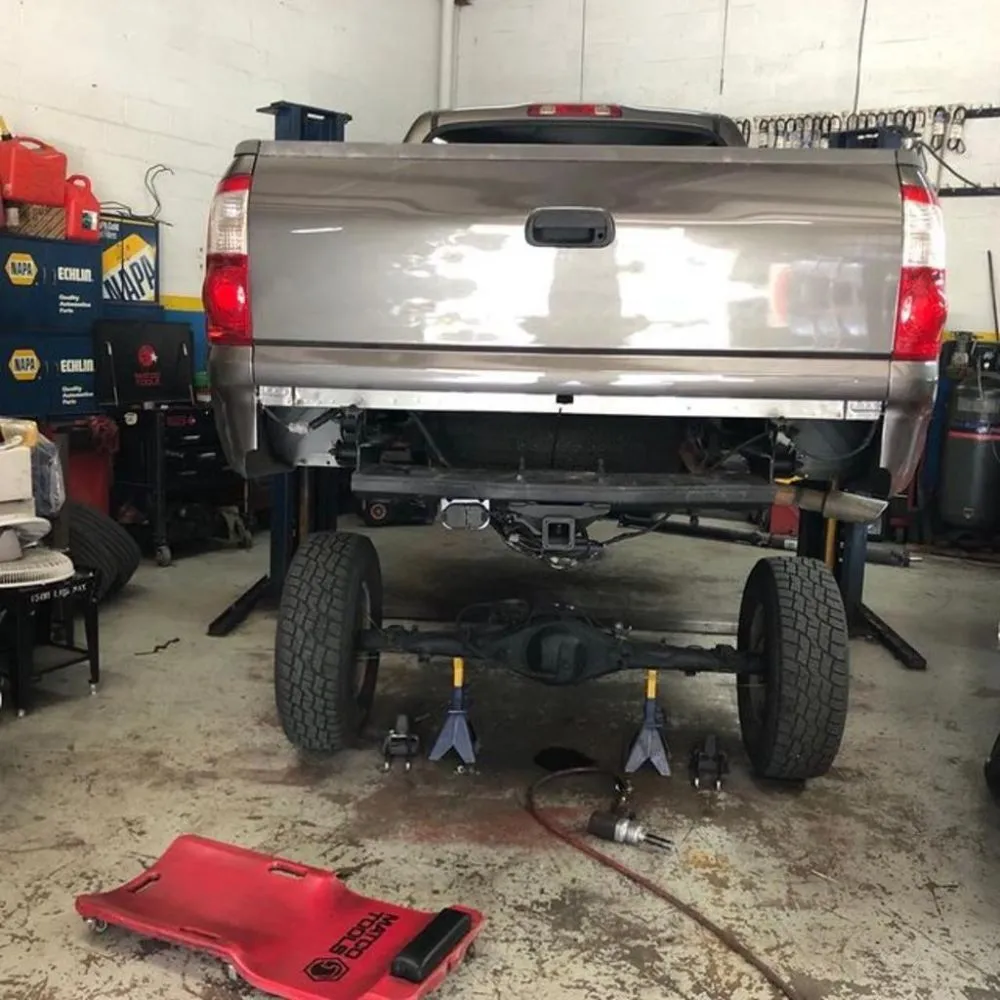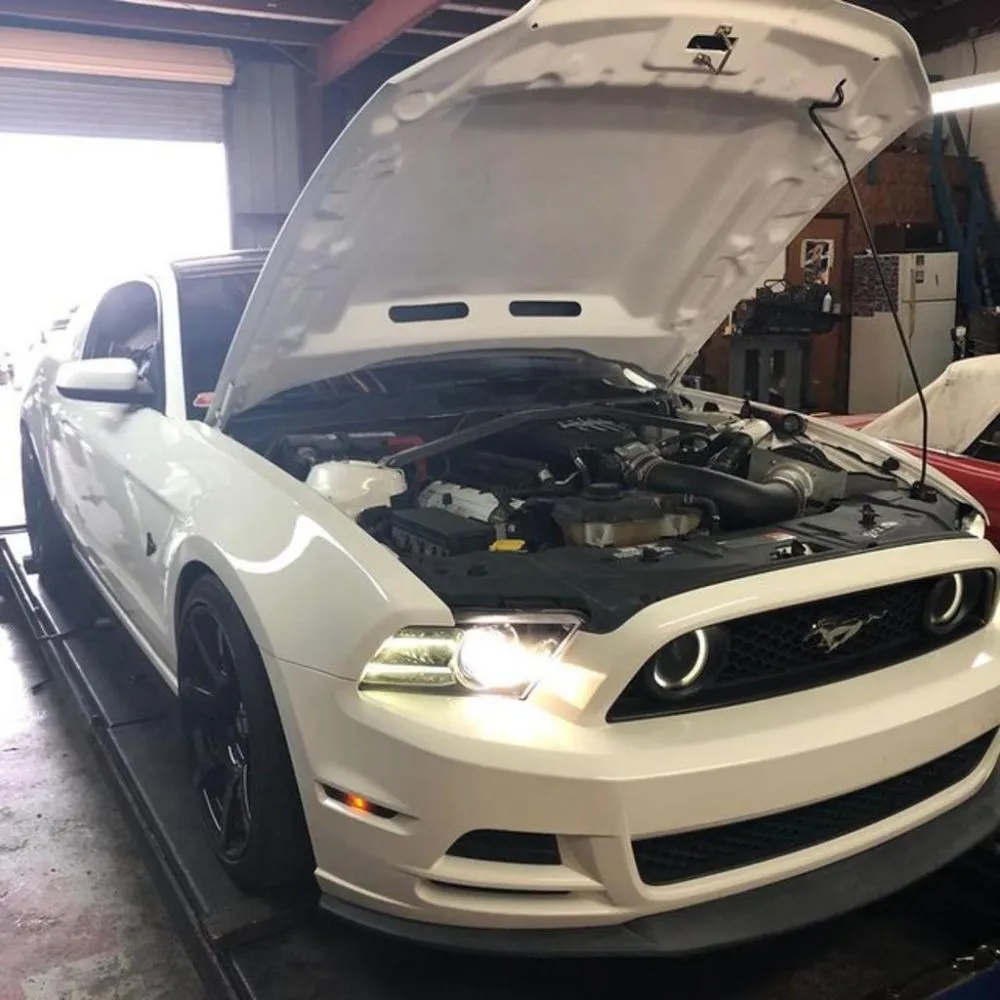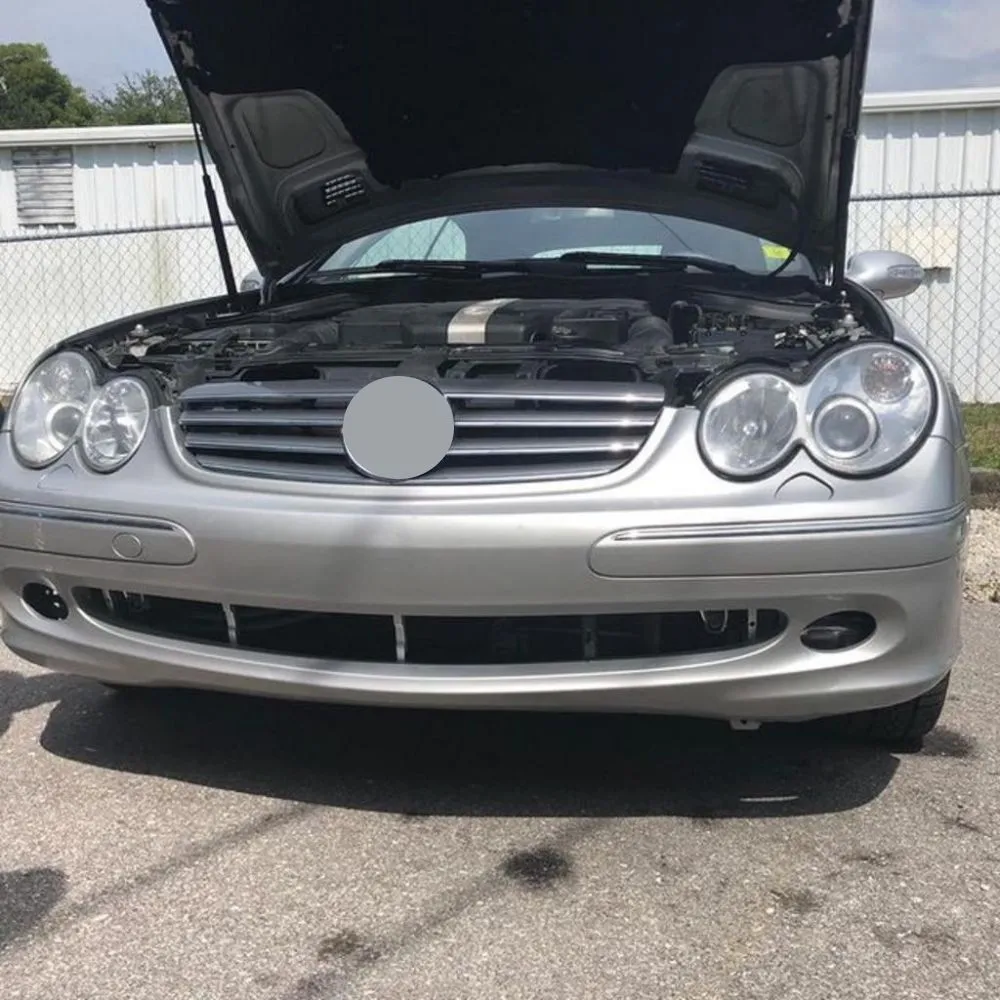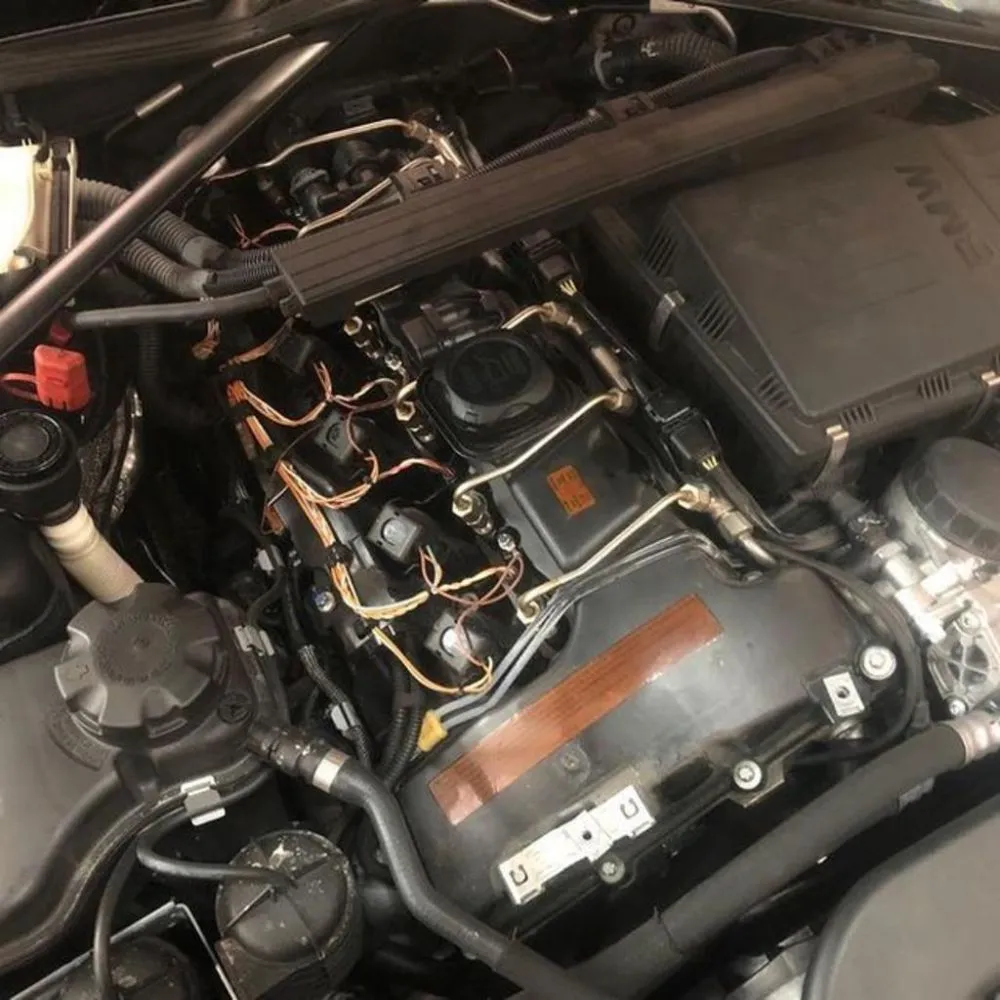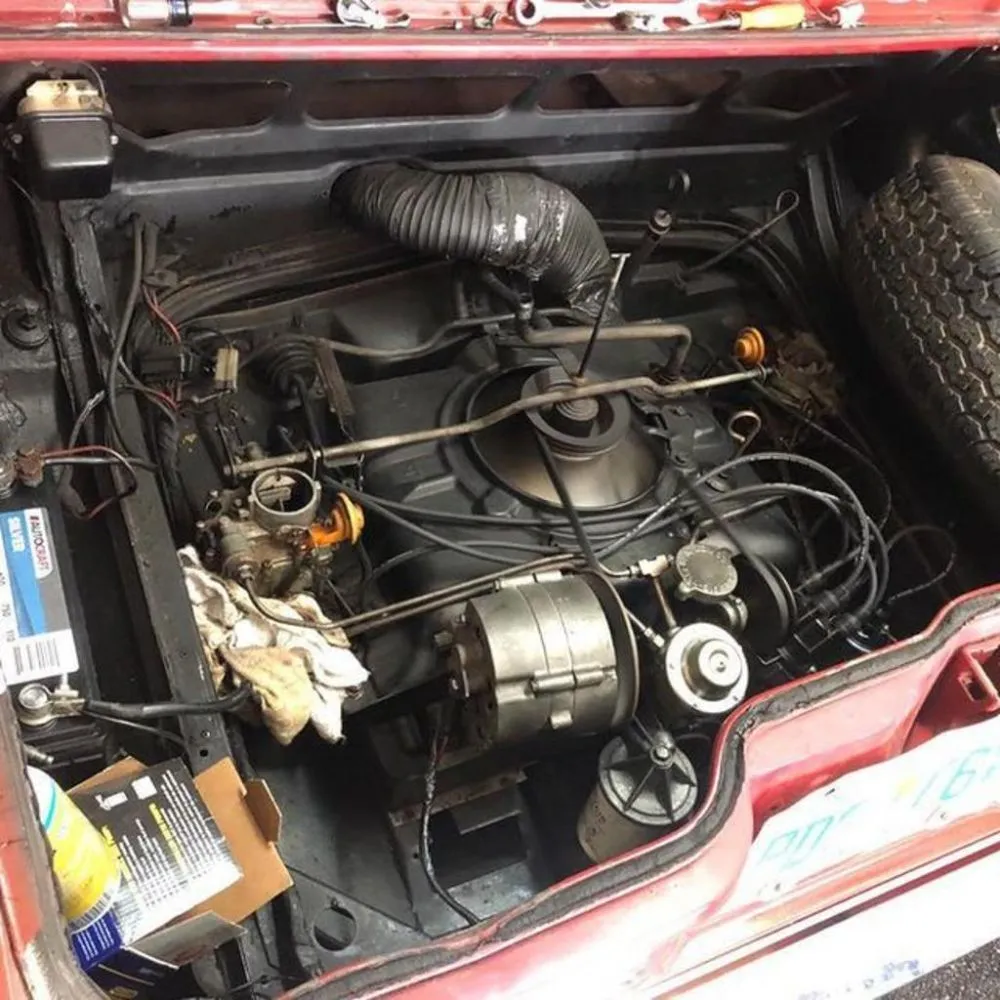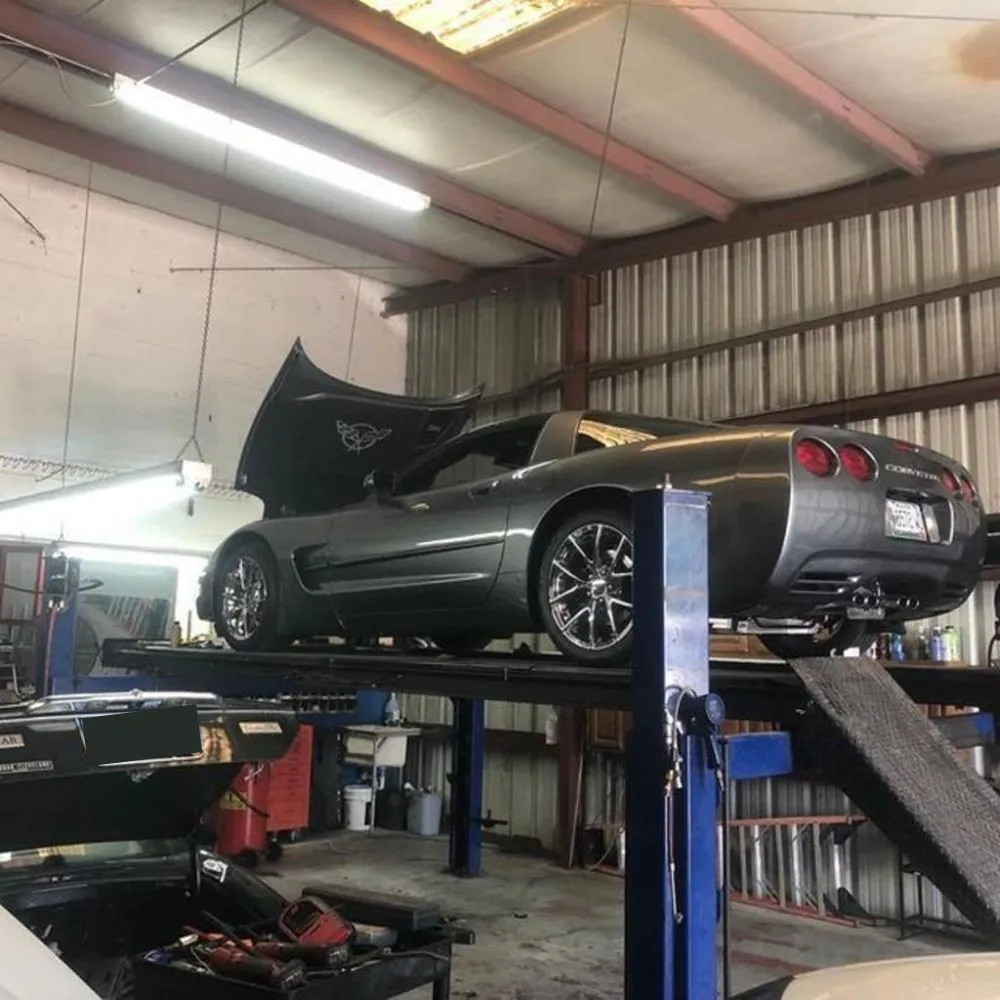Ever wonder what that network of pipes under your car actually does? The exhaust system, often overlooked, plays a vital role in your vehicle’s performance, efficiency, and environmental impact. Let’s explore the workings of your vehicle’s exhaust system and why it’s crucial to keep it in top shape.
The Basics of the Exhaust System
Your vehicle’s exhaust system is more than just a pipe that lets out fumes. It’s a complex assembly designed to direct and manage the gasses produced by your engine’s combustion process. These gasses need to be handled efficiently to ensure your car runs smoothly, stays fuel-efficient, and minimizes its environmental footprint.
Key Components of the Exhaust System
1. Exhaust Manifold
The journey begins at the exhaust manifold. Attached directly to the engine, the manifold collects exhaust gasses from the engine’s cylinders and funnels them into a single pipe. Think of it as a highway on-ramp for exhaust gasses, ensuring a smooth transition from the engine to the exhaust system.
2. Oxygen Sensors
Before the gasses move further, they pass through oxygen sensors. These sensors play a crucial role in monitoring the amount of oxygen in the exhaust. By sending data to the engine control unit (ECU), the sensors help maintain the optimal air-fuel ratio, enhancing performance and reducing emissions.
3. Catalytic Converter
Next, the gasses travel through the catalytic converter. This component is vital for reducing harmful emissions. It converts pollutants like carbon monoxide, hydrocarbons, and nitrogen oxides into less harmful substances such as carbon dioxide and water vapor. The catalytic converter is essential for meeting environmental regulations and keeping our air cleaner.
4. Muffler
After being treated in the catalytic converter, the gasses move through the muffler. The muffler’s primary function is to reduce the noise produced by the exhaust gasses. It uses a series of chambers and perforated tubes to cancel out sound waves, ensuring your vehicle operates quietly.
5. Tailpipe
Finally, the treated and quieted exhaust gasses are expelled through the tailpipe. This component directs the gasses safely away from the vehicle, preventing them from entering the cabin and posing health risks to the occupants.
The Importance of a Well-Maintained Exhaust System
Maintaining your vehicle’s exhaust system is crucial for several reasons. It significantly reduces the amount of harmful emissions your vehicle produces. Regular maintenance ensures your catalytic converter and oxygen sensors work efficiently, minimizing your car’s environmental footprint. A properly functioning exhaust system can also improve your vehicle’s fuel efficiency. When the exhaust system is in good condition, the engine doesn’t have to work as hard to expel exhaust gasses, leading to better fuel economy and saving you money at the pump.
Moreover, your vehicle’s performance is closely linked to the condition of its exhaust system. Blockages or leaks in the system can lead to poor engine performance, reduced power, and sluggish acceleration. Regular checks and maintenance help ensure your vehicle runs at its best.
An exhaust system in disrepair can pose significant safety risks. Leaks can allow harmful gasses like carbon monoxide to enter the vehicle’s cabin, posing serious health hazards to you and your passengers. Ensuring your exhaust system is intact and functioning correctly is crucial for your safety.
Common Signs of Exhaust System Problems
Regular inspections can help you catch exhaust system problems early. Pay attention to any changes in your car’s noise level. It might indicate a problem with the muffler or exhaust pipes if it becomes noticeably louder. Keep an eye on your fuel efficiency; a sudden decrease can suggest something is amiss with the oxygen sensors or catalytic converter.
If you notice a strong smell of exhaust fumes inside your vehicle, it’s a serious concern that should be addressed immediately, as it poses health risks. If your check engine light comes on, don’t ignore it. Use an OBD-II scanner to check for trouble codes or visit a professional to diagnose and fix the issue. Regular maintenance and being attentive to these signs can help ensure your exhaust system remains in good condition.
Don’t let exhaust issues compromise your safety. Book a maintenance appointment with Proline Auto Care now and keep your car in top shape.

